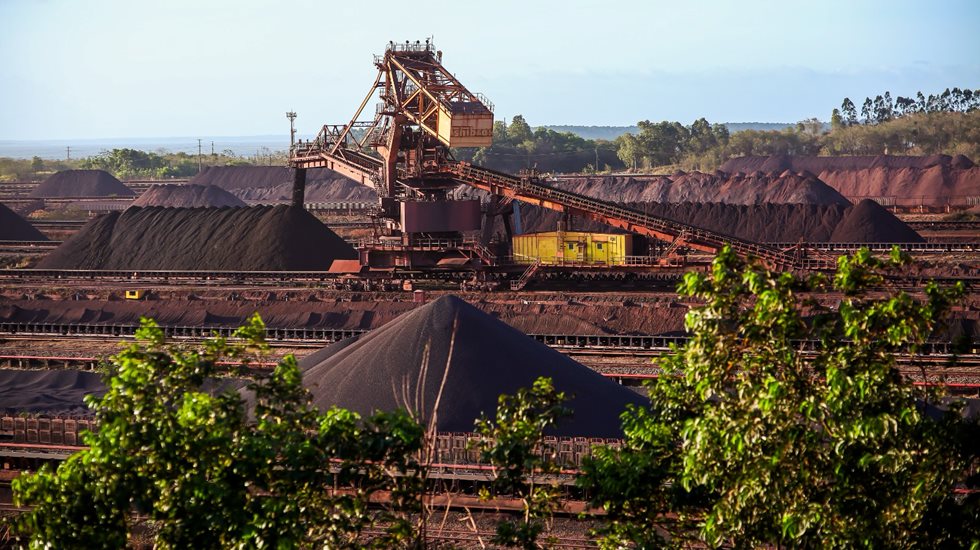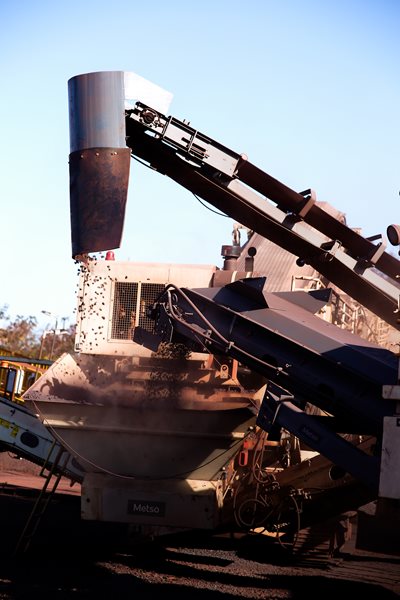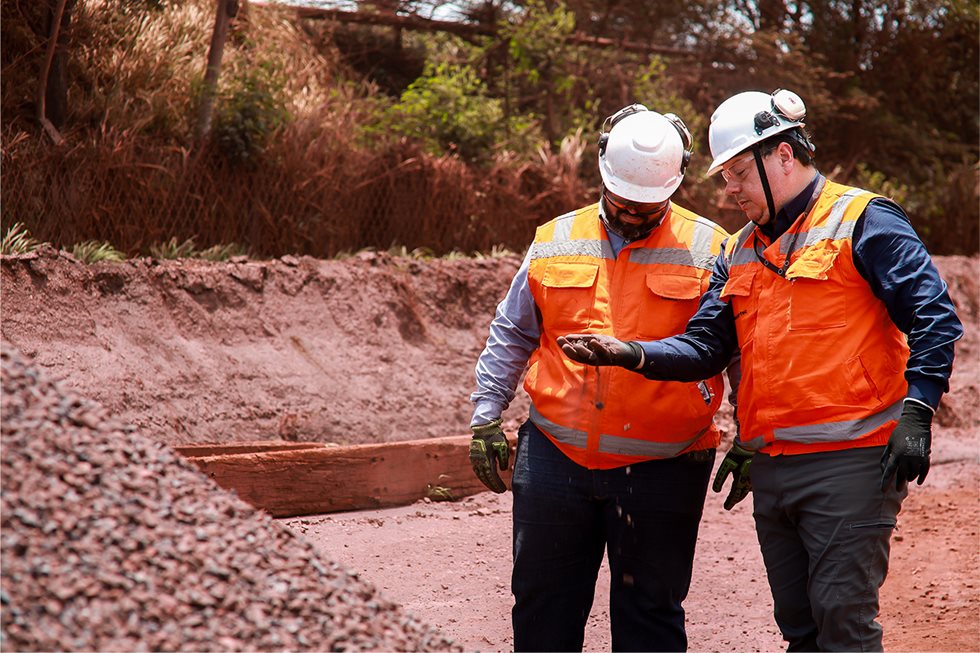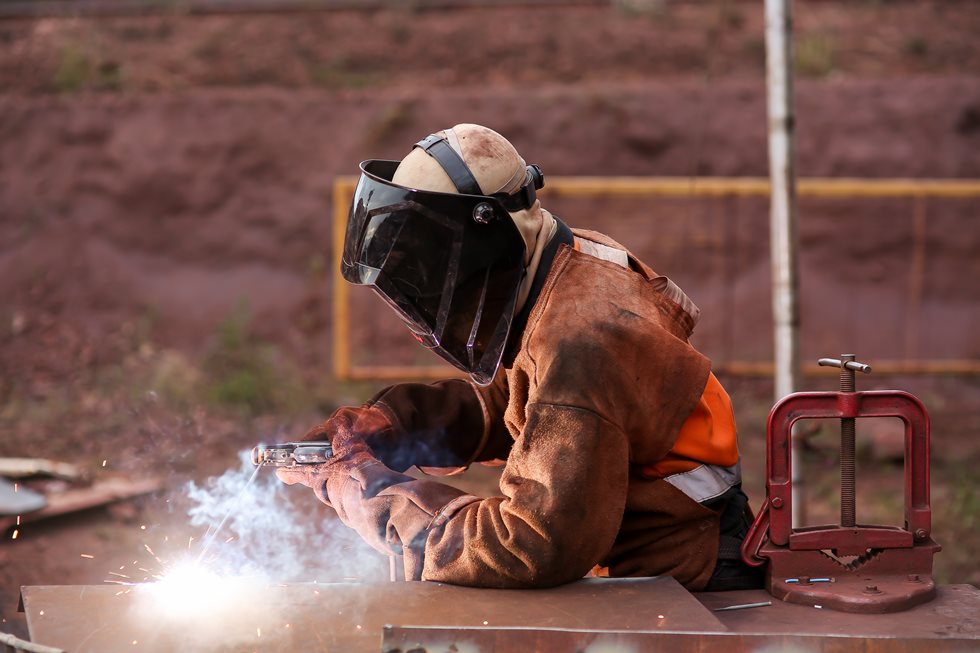Vale Ponta da Madeira handles about 15 million tons of iron ore per month at the Sao Luis Terminal, in the state of Maranhao, Brazil. That number corresponds to roughly 70% of its international shipping activities. For its terminal operations, Vale has five berths distributed over three piers, with an installed capacity of 8 to 16 tons of ore per hour. The port operations receive the production by railway from its North Corridor mines, all of which are located in the state of Para. The material arriving at Sao Luis goes through a blending process, where iron ore of different grades is blended to meet the market specifications before the blended ore is shipped to the customers.
Challenges with safe transport
The mining company was facing challenges in meeting the Transportable Moisture Limit (TML) and being able to ship its ore without the risk of liquefaction in the ship's holds. This challenge came from the high humidity of the sinter feed, accumulated by rain during transport to the port and period of stay in the yards.
As a solution, Metso offered crushing as a service, making Metso responsible for the entire crushing process, from defining what equipment is needed, to the operation and maintenance of the plant, as well as delivering the final product. Metso is also responsible for the ore meeting the agreed specifications, while being evaluated monthly by KPI measurements such as crushing productivity, equipment availability and the quality targets of the final product.
All operation and maintenance planning, including the strategy and spares inventory, fell under Metso’s responsibility, and were carried out in conjunction with Vale, aiming to optimize the availability and reliability of the entire system.
The plant which was designed for the service and operated 24 hours a day, seven days a week, has three pieces of Lokotrack equipment: two screening modules and a crushing module. In addition, a mobile belt conveyor was implemented. Depending on the need, it can send the product directly to Vale's belt system or form a pile of product for subsequent transportation via trucks. Furthermore, Metso’s solution includes wheel loaders to feed the granulate into the plant loaders and a dump truck to transport the material from the product pile to Vale’s yards.
The material is fed into the crushing plant with an average top size of 75 mm and is reduced to a grain size of less than 19 mm. The sinter feed produced from granulate has a greater surface area, ensuring the feed has lower moisture content. By blending this crushed sinter feed with the existing material in the yards, a final product with reduced total moisture is obtained, allowing shipment within necessary TML.
“Safety always comes first. Since we found out about the risk of liquefaction of the ore shipped in Sao Luis, Vale has always used technologies to have safer cargo in its international shipping operations,” says Jonatha Varela, head of Port Infrastructure and Environmental Resources at Vale.
“When we carry ore with a higher PSD in rail cars coming from Para, we cut off the water gain during the trip.”
The plant start-up achieved the main key performance indicator specified for the project – to contribute to the production of over three million tons of iron ore within safe moisture specifications during the wet season in Maranhao.
According to Rheno Assef, Metso’s LCS Service Manager, the contract with Vale was born from the company’s safety demand during the wet season in Maranhao, which can last about six months. According to him, this process enables Vale to operate seamlessly.
Rafael Padilha, Metso’s Contract Service Coordinator in Sao Luis, said that one of the greatest challenges for this project was to mobilize the plant in 90 days.
“While the equipment left the town of Sorocaba, Sao Paulo, heading to the state of Maranhao, our team was assembling the infrastructure in the plant,” Rafael says.



